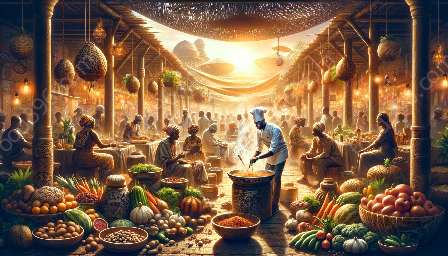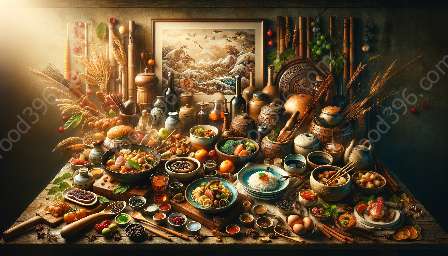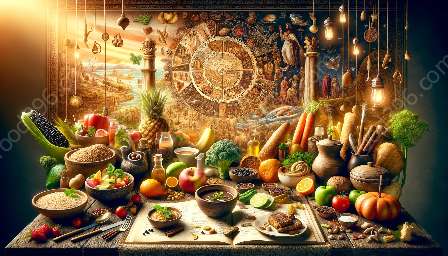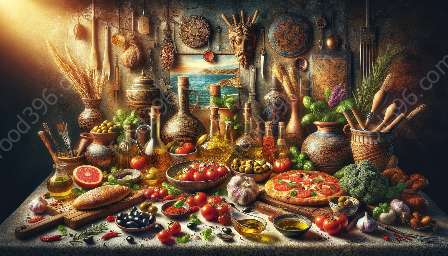Discover the rich and diverse history of African cuisine, from ancient traditions to modern influences. Explore the unique flavors and cultural significance of African dishes.
Ancient African Cuisine
African cuisine has a long and rich history, with its origins dating back thousands of years. The diverse geography and climates of the continent have contributed to a wide variety of indigenous ingredients and cooking techniques.
Diverse Culinary Traditions
The culinary traditions of Africa are as diverse as the continent itself. Each region and ethnic group has its own unique culinary practices, ingredients, and flavors. From the hearty stews of West Africa to the spicy curries of East Africa, the continent's cuisine reflects its rich cultural tapestry.
Influences and Ingredients
Throughout history, African cuisine has been shaped by a variety of influences. Migration, trade, and colonization have all played a role in introducing new ingredients and cooking techniques to the continent. Arab, European, and Asian influences have all left their mark on African cuisine.
Indigenous Ingredients
Many staples of modern African cuisine, such as yams, millet, sorghum, and okra, have been cultivated on the continent for thousands of years. These indigenous ingredients form the foundation of African dishes and contribute to their unique and vibrant flavors.
Colonial Influences
The colonial history of Africa has also had a significant impact on its cuisine. European colonization introduced ingredients such as tomatoes, potatoes, and chili peppers, which have become integral parts of many African dishes.
Cultural Significance
African cuisine is not only about food—it is a reflection of the continent's rich and diverse cultures. Traditional cooking methods, communal dining practices, and the use of food for religious and ceremonial purposes are integral to the cultural significance of African cuisine.
Communal Dining
In many African cultures, mealtime is a communal and social affair. Sharing food is a fundamental part of African traditions, symbolizing unity and hospitality.
Ceremonial and Religious Practices
Food plays a central role in many African ceremonies and religious practices. From traditional rites of passage to seasonal celebrations, the preparation and sharing of food hold deep cultural significance.
Modern Influences
Today, African cuisine continues to evolve, influenced by global food trends, urbanization, and a growing interest in traditional and local ingredients. African chefs and food enthusiasts are exploring new ways to showcase the diversity and vibrancy of the continent's culinary heritage.
Global Fusion
As African cuisine gains recognition on the global culinary stage, chefs are blending traditional ingredients with modern cooking techniques, creating innovative fusion dishes that celebrate the continent's rich culinary heritage.
Revival of Traditional Cooking
With a renewed appreciation for traditional foodways, there is a resurgence of interest in indigenous African ingredients and cooking methods. Chefs and home cooks alike are rediscovering the unique flavors and cultural significance of Africa's diverse culinary traditions.
From ancient roots to modern influences, the history of African cuisine is a testament to the continent's rich cultural heritage and the vibrant flavors that have captivated food enthusiasts around the world.




















